
Biography
In plants, the circadian clock is vital for measuring day length and aligning development with the changing seasons. Circadian gene regulation has been associated with many important agronomic traits including flowering time, dormancy, water use efficiency, nitrogen metabolism and vegetative yield. Recent work also points toward a close involvement with stress and plant/pathogen interactions and the clock. My project aims to develop the tools and resources to investigate the role and function of the clock in important crop species. Specifically, I am collecting high-throughput measurements of circadian rhythms and using a range of approaches to investigate Arabidopsis clock gene homologues. I will also collaborate with colleagues at the John Innes Centre to assess agronomic traits of clock mutants in field experiments.
Previously I completed a PhD at the John Innes Centre where I investigated the impact of climate change on vernalization. I also developed a single molecule RNA FISH (smFISH) method for plants and used it to explore sense/antisense transcription at the cellular level. During a previous post doc I used smFISH and Golden Gate Cloning approaches to test hypotheses generated from mathematical models.
Related reading.
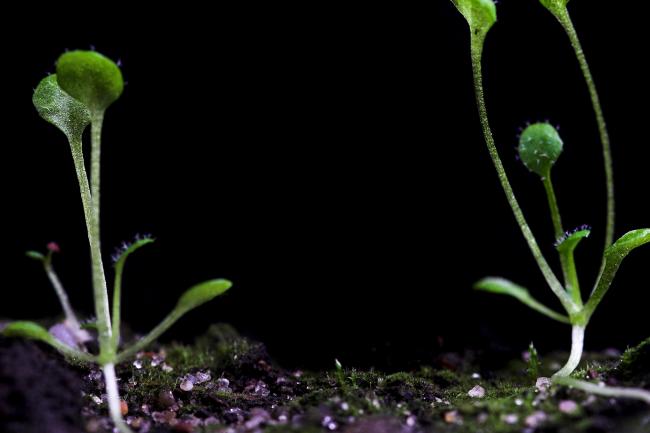
Light-up plants and tunable roots signal new solutions for climate crisis

How the latest platforms are scaling-up our impact in aquaculture

The fish, the fungus, the grass, the bee - and the brassica

COPO: providing context through metadata

Standout innovation contributes to knowledge exchange
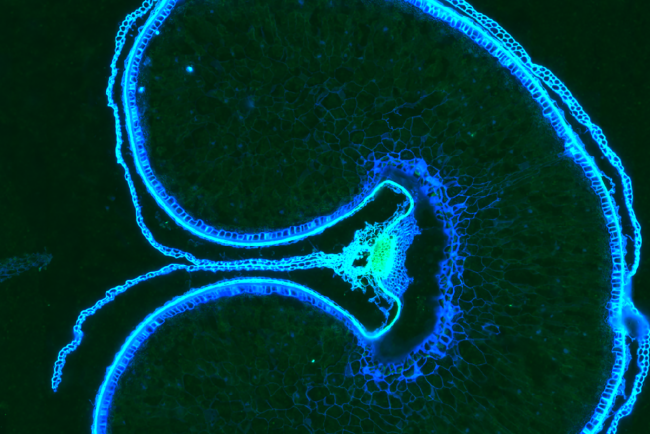
Applying spatial transcriptomics in plants
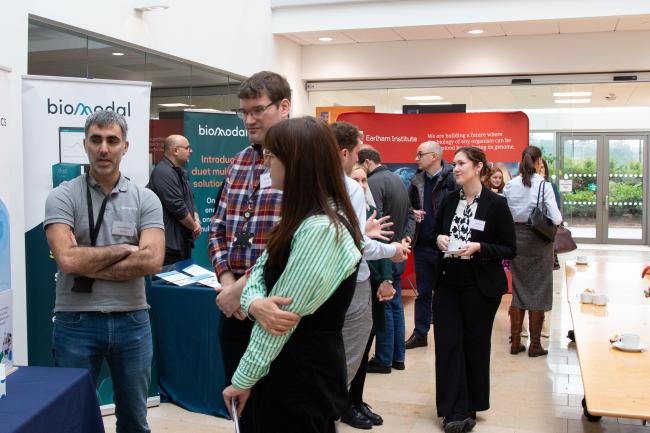
Collaborating for our future
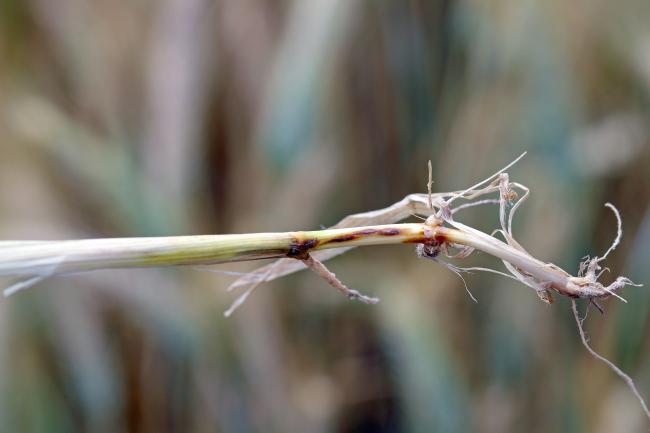
Focus on fungi helps fight global threat to our food
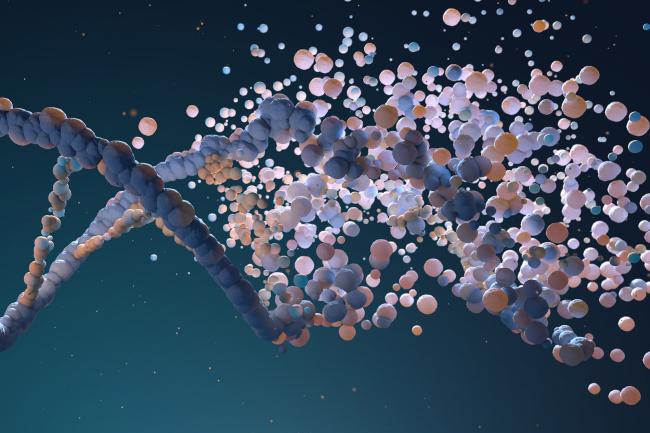
New genome assembly finds yeast variant is distinct species

Science and Technology Secretary announces Engineering Biology investment

Identifying criminals from a single cell
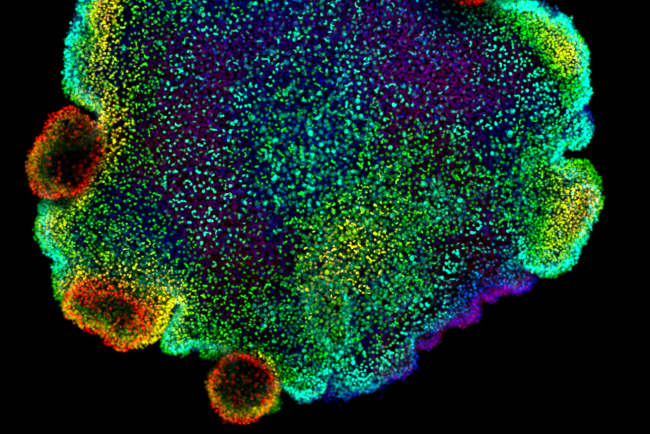
£3m funding for project to chart cellular diversity on Earth

Mysterious microbiomes to get makeover under transformational £5.4M grant

Purple Bar moth is 1,000th species sequenced in landmark project
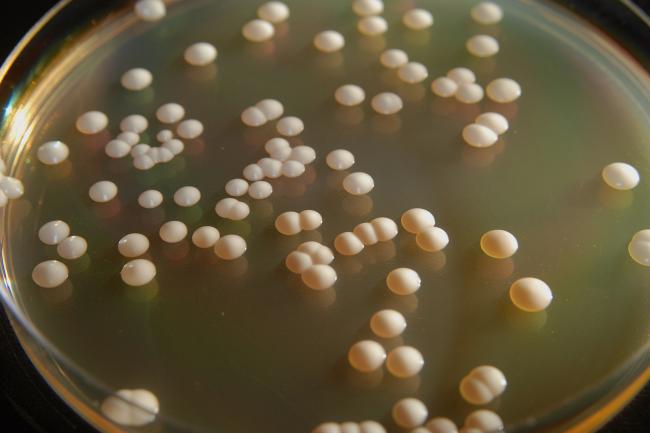
Scientists one step closer to rewriting world’s first synthetic yeast genome


